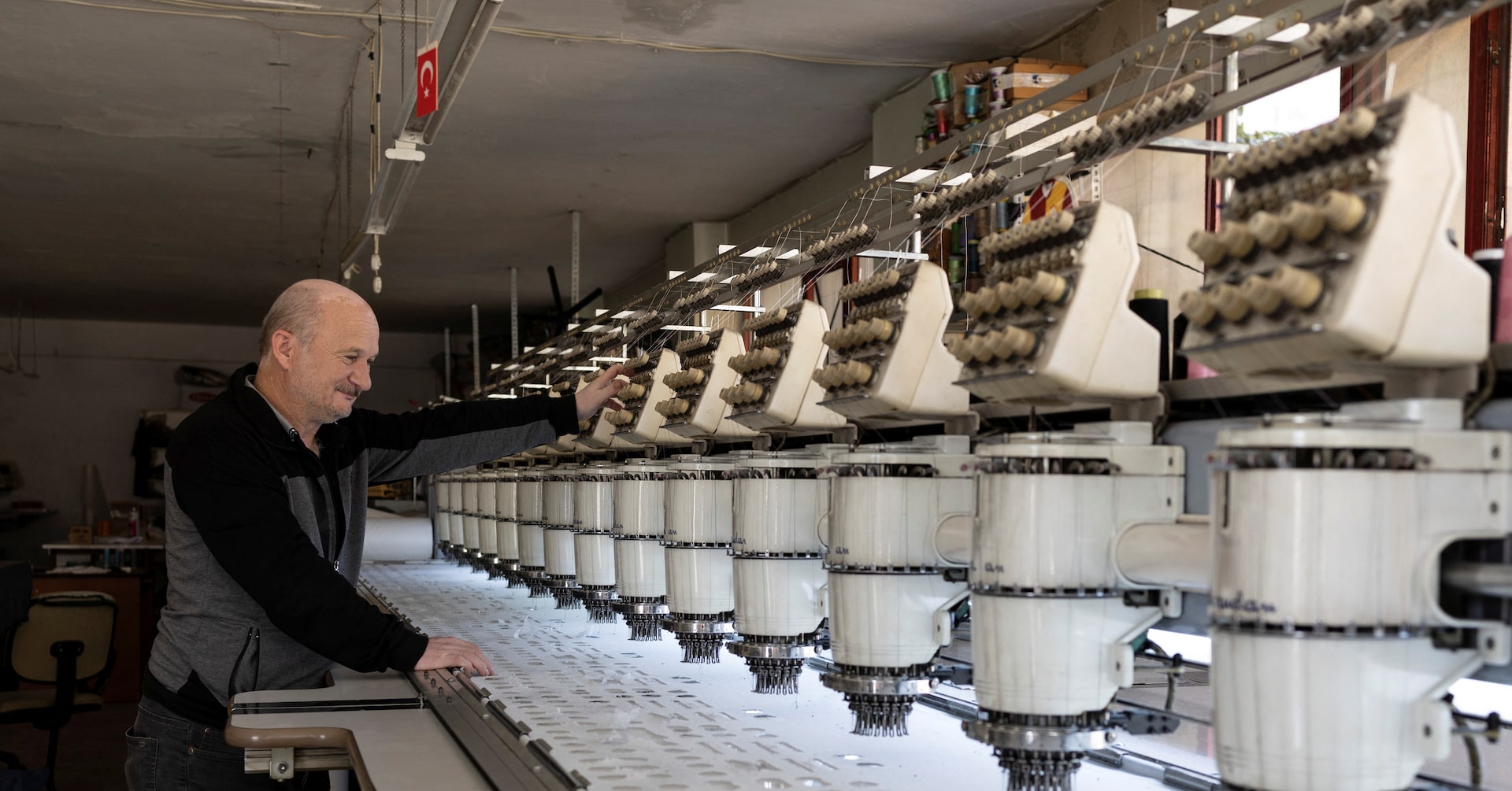Manufacturing Slowdown: Turkish Industrial Sector Hits Rough Patch in April

Turkey's manufacturing sector faced significant challenges in April, experiencing a continued downturn as production and new orders showed signs of persistent weakness. The latest survey reveals a challenging landscape for industrial producers, with businesses responding to subdued market demand by reducing employment and scaling back purchasing activities.
The contraction highlights the ongoing economic pressures confronting Turkish manufacturers, who are navigating a complex business environment marked by tepid consumer and industrial spending. Firms are strategically adjusting their operations, trimming workforce and input purchases to maintain financial stability in the face of challenging market conditions.
Economic indicators suggest that the manufacturing sector is grappling with broader economic headwinds, including potential shifts in global trade dynamics, domestic economic uncertainties, and changing consumer sentiment. The survey results underscore the need for adaptive strategies and potential structural reforms to reinvigorate industrial productivity and growth.
As businesses continue to monitor market trends, the April data provides a critical snapshot of the current manufacturing landscape, signaling the importance of resilience and strategic planning in an increasingly competitive economic ecosystem.
